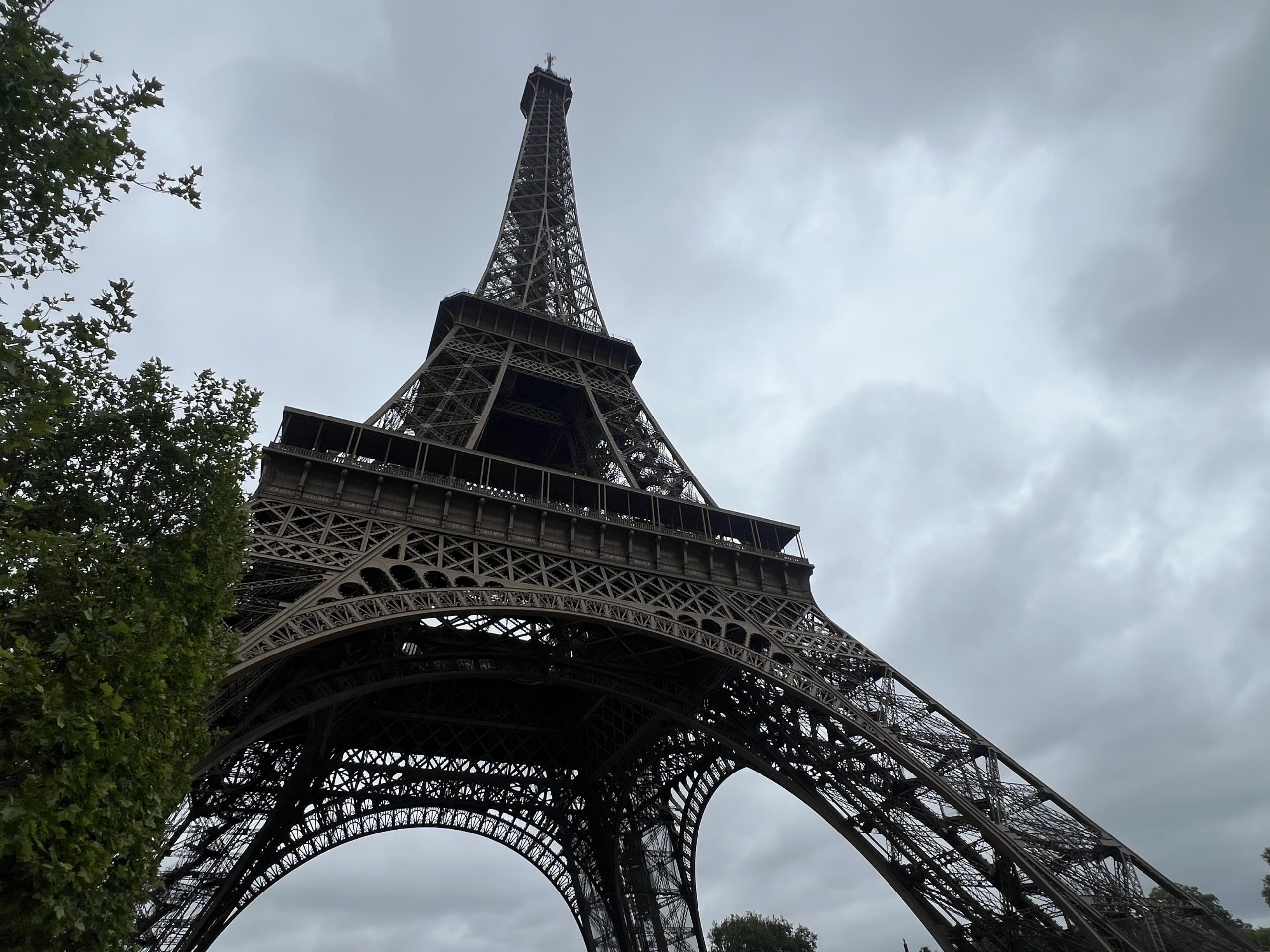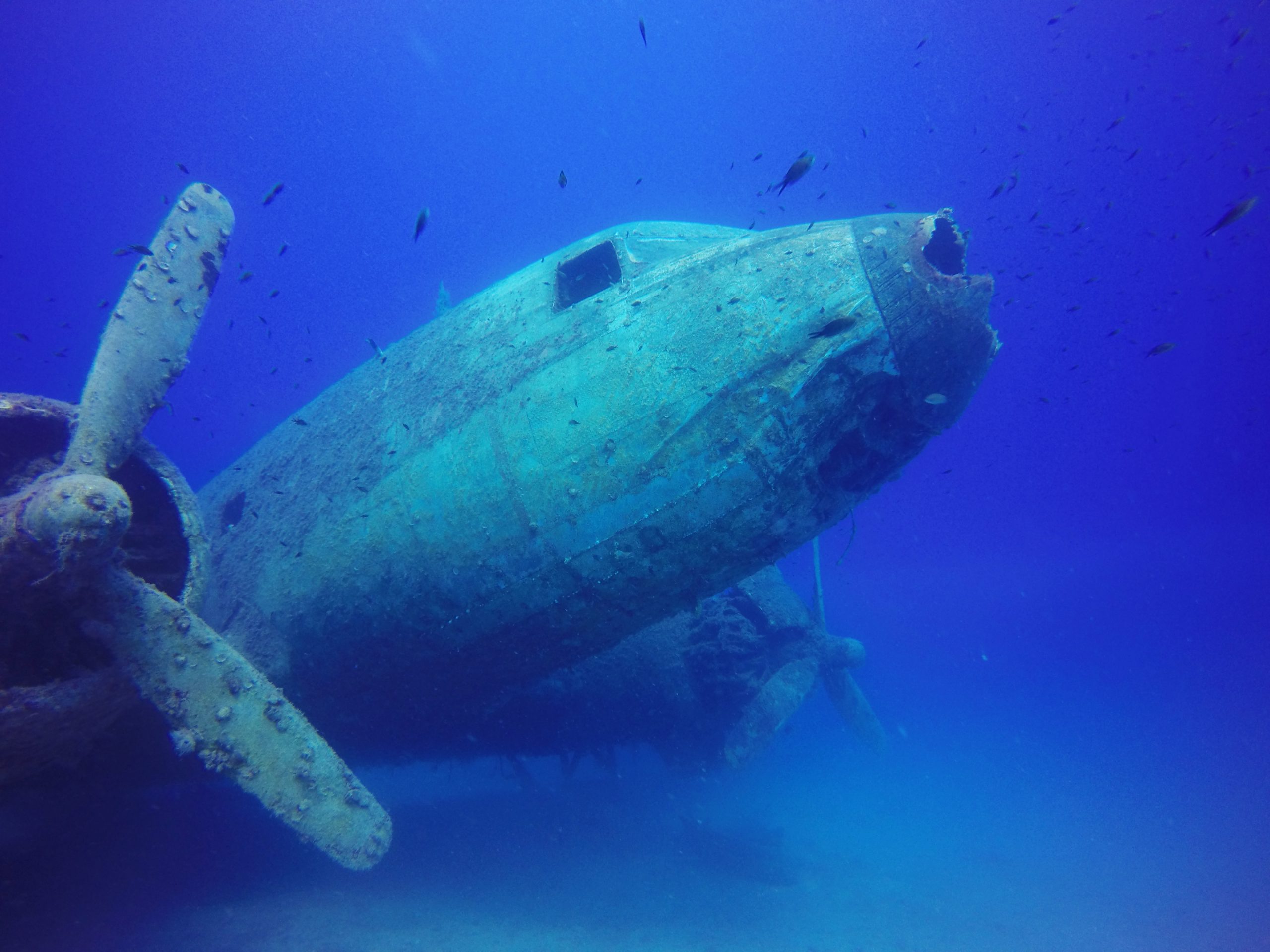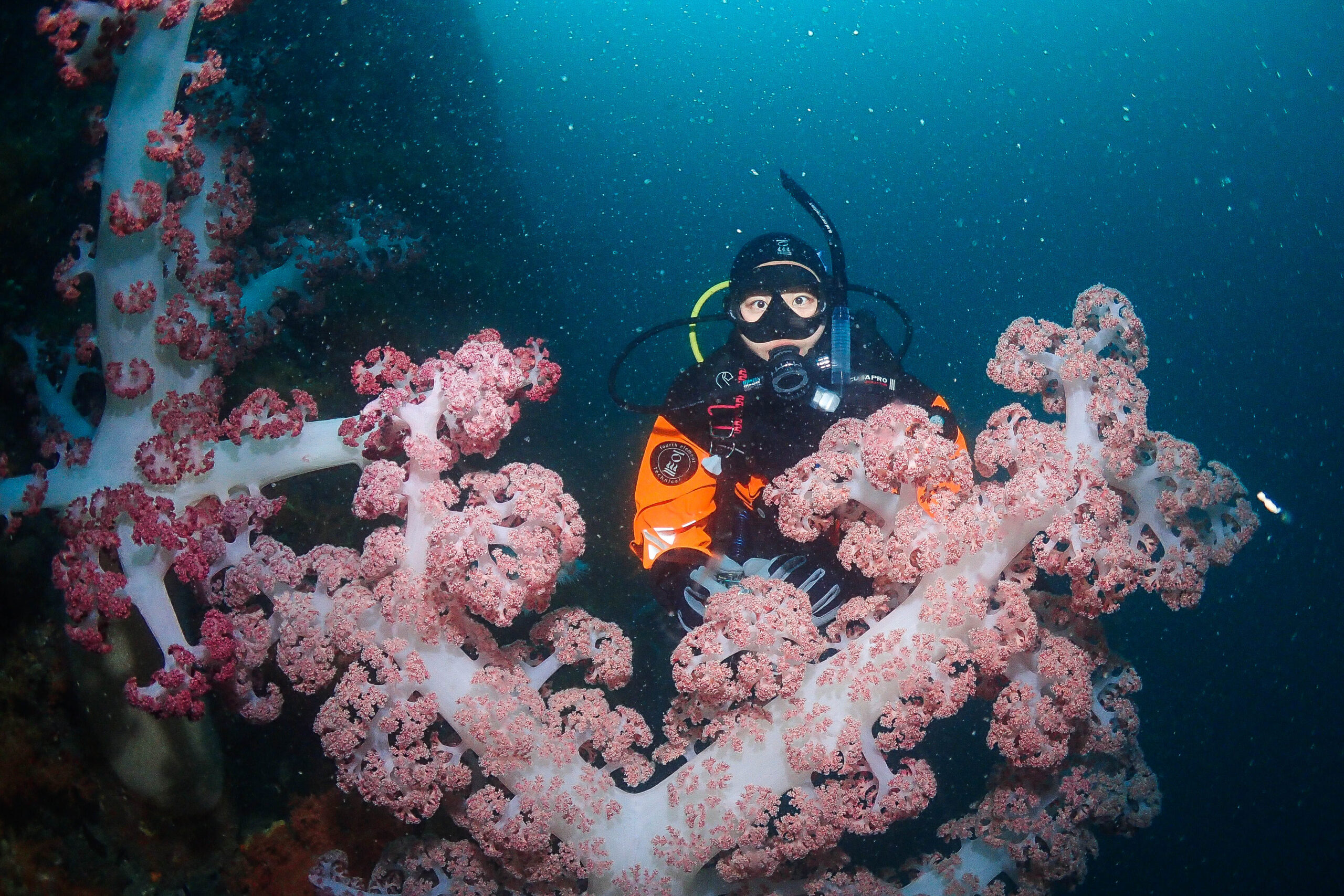The Mammalian Diving Reflex is a survival mechanism that has always intrigued and fascinated me, perhaps because we have something in common with whales, but it is a subject that should be known by all divers and diving professionals.

This reflex, which is very strong in mammals such as whales, dolphins and seals, is a survival reflex that directs blood flow to vital organs to use the limited amount of oxygen effectively when we dive into the water. Although it is not as strong as in aquatic mammals, it is also seen in humans, especially in babies, ducks and penguins.
Have you ever reflexively stopped breathing while diving into the water or washing your face? I will answer, yes!! But now that it is reflexively a part of our lives, we don’t even notice it.

Let’s talk briefly about how the Mammalian Diving Reflex works.
**The heart rate slows down significantly and oxygen consumption decreases. This triggers what we call bradycardia.
**The vessels in the limbs narrow and blood flow is directed to vital organs such as the brain and heart. In other words, blood flow is concentrated in the heart-brain region.
**Under normal conditions, there is a direct relationship between heart rate and blood pressure. In other words, if the heart rate slows down, blood pressure is expected to decrease at the same rate. However, since the blood vessels narrow during the Mammalian Diving Reflex, blood pressure is prevented from decreasing and can even be expected to increase.
**Our spleen contracts and oxygen-laden red blood cells are released into the circulation.

The main factor that triggers the mammalian diving reflex in humans is the presence of the face and nose in the water. In other words, if only your body is in the water and your face is out, the diving reflex will not be fully activated. When the nose holes are filled with water, wetness-sensitive receptors transmit this information to the brain.

There are slight differences between the effects of the Mammalian Diving Reflex on humans for freediving and scuba diving.
If you can still breathe with your face submerged in water (i.e. scuba diving or a surface fed system), the mammalian diving reflex will be activated in direct proportion to the falling water temperature.
However, the greatest bradycardia effect will occur when you hold your breath with your face in the water, i.e. when free diving.

CONCLUSION
Although this reflex is more important for freedivers, we should consider the importance of the Mammalian Diving Reflex when filling out the Medical Forms for both Freediving and Scuba Diving.
As a Diving Instructor, we are not doctors, we do not know the medical history of the diver or diver candidates. Our responsibility is to question the medical condition of the diver with the medical declaration forms. If the diver has needed medical support in the past or present; that is, if there is a ‘Yes’ answer on the relevant form, we should direct the diver to the doctor and make sure that the diver is suitable for diving.
Sometimes we witness that divers are too positive when talking about a past operation or their current condition. I had heart surgery, I have high blood pressure, it does not affect my daily life. Yes, maybe it does not affect our daily life in the terrestrial environment we have adapted to, but we now know that our body can develop different reflexes than we are used to when we dive. Our role as instructors is not to diagnose, but to guide them correctly for the safety of divers in line with our knowledge.











